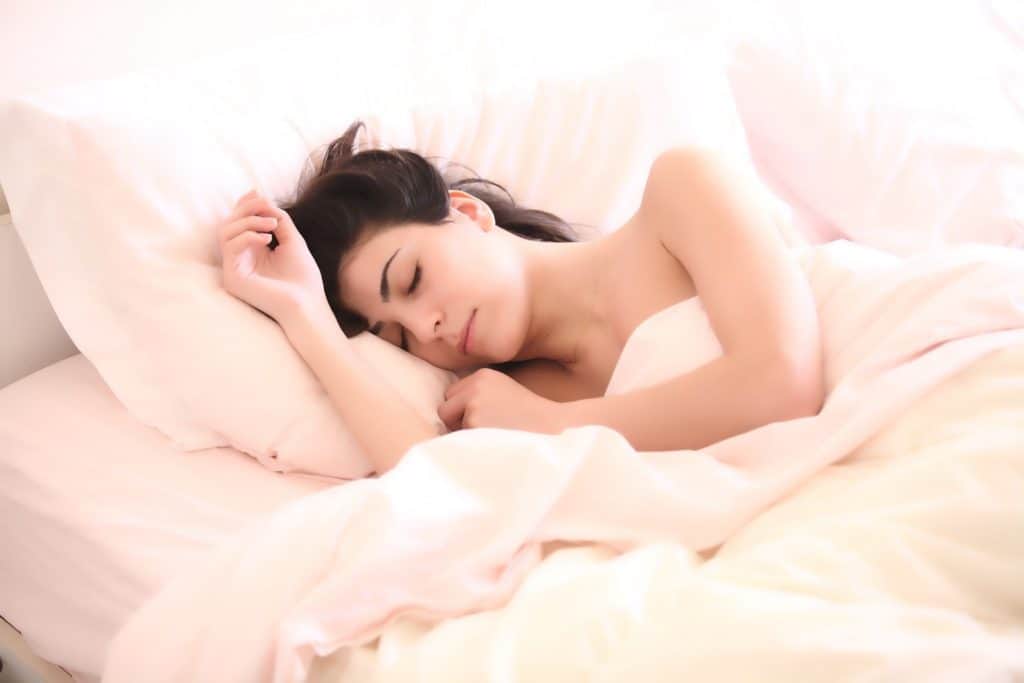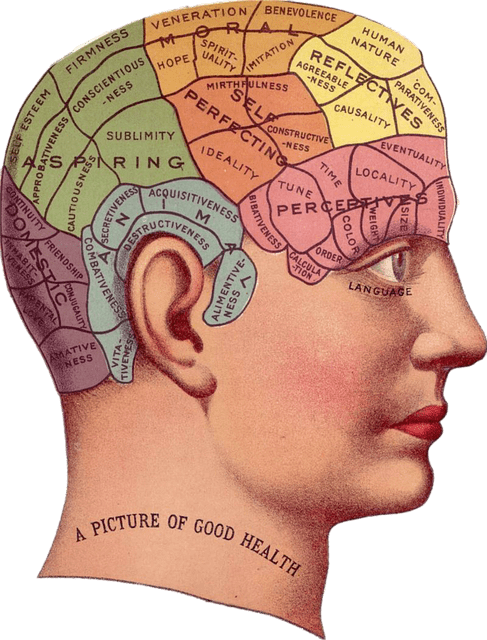
Learning how to sleep better at night is essential for optimal health and well-being. Proper sleep makes you feel better, and your body functions properly. A good night of rest is just as crucial to your health as eating well and exercising.

Reasons You Need a Better Night’s Sleep
What if I told you you could do one thing every day that significantly helps with stress? Catching a full night of Zzzs can do all that and more. Inadequate amounts of sleep can negatively affect your concentration, productivity, and cognition, increasing stress levels. When you sleep, your brain goes through processes that convert your learned experiences into long-term memory. Sleep allows the body and mind time to recharge for proper cognitive functions.
Sleeping better at night can also help with weight gain prevention. Sleeping adequately affects your body’s ability to regulate food intake. Sleep deprivation can lead to changes in the amount of leptin and ghrelin, appetite-regulating hormones, your body releases. An inability to control your appetite combined with less energy to motivate yourself to exercise and engage in healthy movement makes it easier to slip into unhealthy habits that result in weight gain. Getting a full night of rest can squash these habits before they form.

3 Things You Need to Change to Sleep Better
- Temperature: Your body changes in temperature by a decrease of one to two degrees as you fall asleep. Keeping your bedroom cool, between 60 and 68 degrees Fahrenheit, can help speed up the onset of sleep.
- Lighting: No lighting- not even a clock should be present in the perfect sleep cave. Melatonin, a hormone that regulates the sleep cycle and makes you sleepy, is released more by your body when it is dark and less when it is light. Exposure to artificial light before bed, even a clock light, can interrupt this hormone’s production and negatively impact your circadian rhythm.
- Electronics: Practice no electronics one to two hours before bed. The blue light from these devices interrupts and stalls natural melatonin production just like any other light source.
